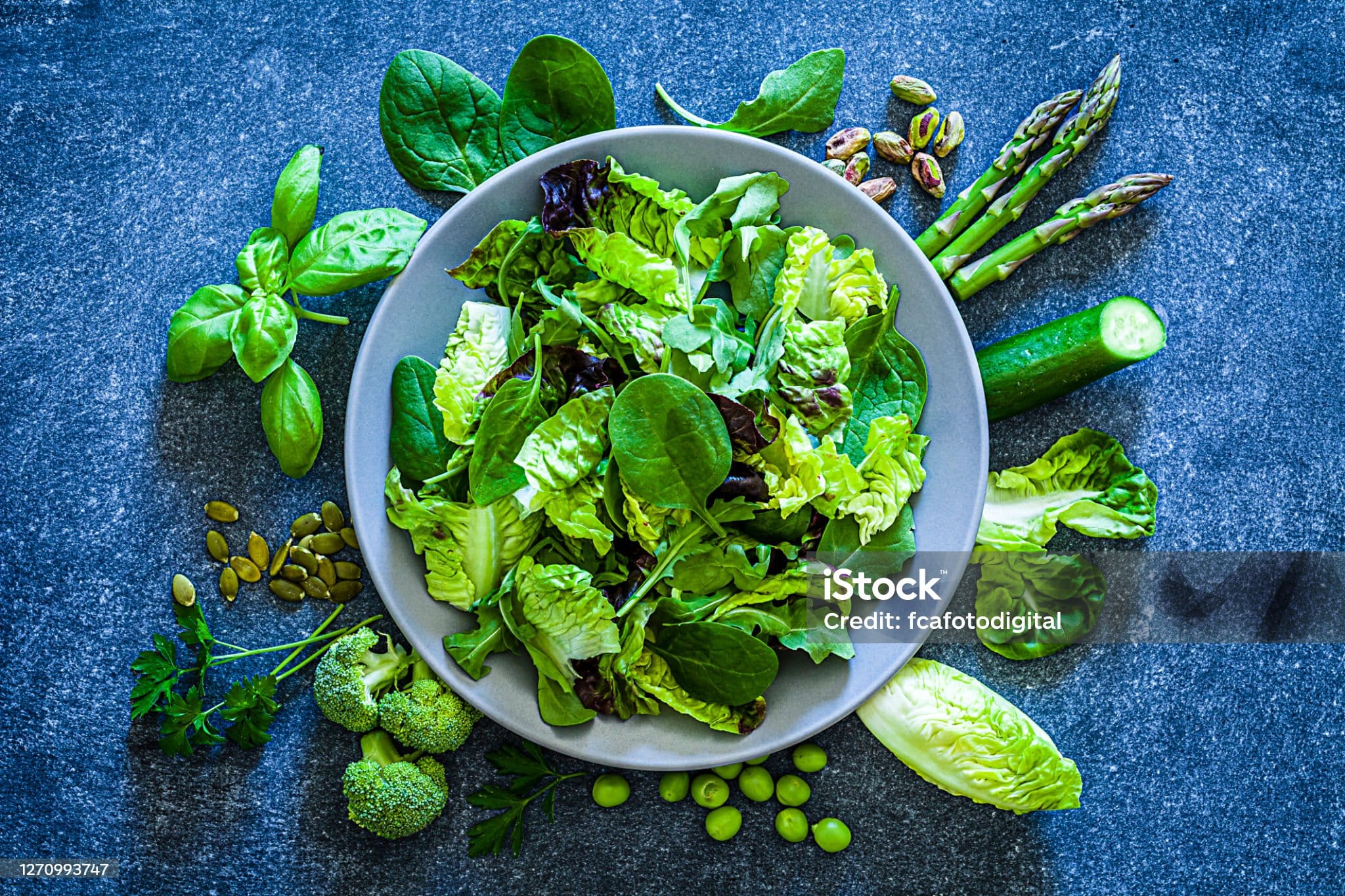Introducing Cow Milk To The Baby
Have your baby turned one year old? How did you celebrate his Birthday? Did you start giving cow milk? You might be very happy to see your baby turning one year old by passing through so many milestones. Taking care of a baby is not so easy. It requires so much patience and knowledge. My baby is two years old now so I will share with you my story, of how I made the transition from breastmilk to cow milk. And how easily, my baby adapted to it.
Cow milk is the most nutritious drink of all which contains so many vitamins, proteins, and fats but still, infants are not allowed to have cow milk before the age of one year. Doctors recommend COW MILK or Whole Milk has to be introduced only after one year. If the baby doesn’t have any family history of dairy allergy then you can start introducing cow milk to the baby after one year by taking advice from your pediatrician.
Why cow milk is harmful to babies before one year of age?
- As cow milk contains so much protein, the newborn digestive system is not developed enough to handle cow milk.
- Cow milk interferes with iron absorption in babies causing iron deficiency.
- It can affect babies’ kidney function.
Since cow milk is completely different from breast milk or formula milk, babies will take some time to adapt to it. So don’t worry if your baby refuses cow milk initially. You have to try every day again and again to give cow milk. In this article, I will clear all your doubts regarding introducing cow milk to your baby, like:-
- How much quantity of cow milk?
- Which brand of cow milk?
- How to give?
- What safety measures can we take?
- What if the baby refuses cow milk?
How to start introducing cow milk into baby’s diet:-
- In the initial days, add a little cow milk to your baby’s food to check for any allergies or digestive problems. You can increase the portion of cow milk slowly if the baby doesn’t have any problem digesting it.
- You can mix cow milk with breastmilk or formula milk in a ratio of 1:3. Gradually increase the ratio of cow’s milk while reducing the ratio of breastmilk or formula milk.
- Slowly change the breastmilk or formula milk completely to cow milk and start giving it one hour before offering food to your baby. You can give it as a snack too in the evening time.
- Children below 3 years of age should be fed full-fat milk only. As their body is developing a lot, at this time they need a lot of proteins, vitamins, and carbohydrates which are present more in full-fat milk or whole milk. After 3 years you can slowly do the transition to low-fat milk or regular milk.
- Don’t stop breastfeeding your baby. It’s best to breastfeed the baby until 2 years of age. You can breastfeed the baby at night and give cow milk in the morning and afternoon.
- As babies are used to breastmilk which is a little warm, it’s better to give cow milk also a little warm so that the baby adapts to it easily.
- Always check the expiry dates on the milk packets before offering them to the baby. It can be very harmful to the baby if you give expired milk.
- When you bring the milk from outside, always boil it and then you can keep it in the fridge after it cools down, and take it out when you want to give it to your baby.
- Try to give milk in fancy bottles like cups, bottles with straws, bottles with cartoon characters, etc, so that the baby gets interested in drinking. You can add sugar, honey, or cardamon powder but I suggest not adding sugar because it’s not good for the baby’s health. Offering plain milk is the best.
- If still the baby refuses to drink, make milkshakes or sweets and then offer them because calcium is very important to the baby at this age. You can also add milk to foods LIKE OATS, cornflakes, etc. Your baby will slowly adapt to the milk.
- If still the baby refuses milk, give dairy products like paneer, cheese, curd, ghee, etc so that the baby gets enough calcium to grow healthy.
- Cow milk contains plenty of calcium which is very necessary for developing strong bones, teeth, and muscles in babies.
- It contains vitamin D which helps to absorb calcium.
- Contains Protein that helps your baby grow stronger.
- Contains carbohydrates that give energy to your baby.
- It is very good for the circulatory system.
- Helps in the healthy development of the brain.
Cow milk suits every baby but there is 2 to 3 percent of babies to whom it doesn’t suit well and they get allergies. If your baby is allergic to dairy products like milk, ghee, butter, curd, paneer, cheese, etc, your baby will get rashes, breathing issues, constipation, hives, and a stuffy nose. You can also notice some symptoms like vomiting, diarrhea, stomach pain, slight blood in stool, upset stomach, and gastrointestinal issues if your baby is allergic to dairy products. So before starting dairy products, check for any allergies by offering them little by little for three days. If they get an allergy then please contact your doctor and ask him how to introduce milk to the baby.

Place
Which cow milk should we use for the baby?
There are many types of cow milk that we get from the market or directly from the diary. I used AMUL full-fat cow milk for my baby. Because it is so much creamy and tasty. You can use other brands also which are easily available in the market. Buffalo milk also is good for the baby. Don’t use toned milk or low-fat milk. And make sure that the milk is pasteurized. On your milk packet, it will be written if it is pasteurized or not.
My baby also refused cow milk when I started giving him after one year. So I started mixing cow milk in his food like cornflakes, oats, idli, sweets, milkshakes, etc. He loved that food and slowly when he was 18 months old I started giving him 200 ml of milk in a fancy feeding bottle, which had cartoon characters on it in the evening time when he felt hungry. Since he loved the bottle he started drinking it. Since I was giving breastmilk at night and in the morning I gave cowmilk only in the evening. Slowly I stopped breastfeeding in the morning too and offered cow milk.
How much quantity of milk should be given to the baby?
16 to 20 ounces which is 475 ml to 590 ml of milk should be given in the whole day. This includes all the dairy products also like paneer, cheese, curd, butter, ghee, etc. If you give more than 20 ounces of milk along with dairy products, the baby’s stomach will become full and he will not be interested in eating food or anything else. This can be dangerous because milk does not provide all the nutrients that a baby needs to grow healthy. Other foods like fruits and vegetables contain so many nutrients which are essential for the healthy growth of the baby.
Check here to learn more about the cow
milk requirement for your baby according to your baby’s age.
Baby refusing cow milk after a certain age?
This is something every mother will go through in her motherhood journey. When babies are small their taste buds are still developing so they eat what you feed them and since you didn’t introduce sugar or honey or any other spices before one year they don’t know the different tastes of food. At this age, they love to drink milk. Breastmilk, formula milk, and cow milk after one year are great sources of nutrition for them. Some babies take more time to make a transition from breast milk to cow milk. Once they start drinking it every day they will slowly adapt very easily to it.
But some kids suddenly stop drinking milk after a certain period. Just like my kid who is 2 years old now. I started giving him cow milk when he turned one year old. His transition from breast milk to cow milk was not very easy. At first, he didn’t drink it at all so I used to mix cow milk in his food or make milkshakes for him. After 1.5 years I started giving cow milk to him in attractive feeding bottles. I didn’t add any sugar, honey, or health drinks. Just gave him plain lukewarm cow milk twice a day. 250 ml in the morning and 250 ml at night in his feeding bottles.
He used to drink it without refusing and he loved it so much that he used to ask me for milk if I gave him a little late. But when he turned 2 years old, he suddenly stopped drinking cow milk from his feeding bottle. He didn’t like its taste now. Since he is eating all the foods at home like sweets, snacks, and other delicious dishes and fruits, cow milk is tasteless to him. We cannot force our kids to drink milk if he doesn’t like it because forcing your kid can make the situation worse.
So for a few days, I stopped giving him milk directly in a bottle and started mixing milk in his food like cornflakes, oats, roti, sweets, milkshakes, etc. Again I thought if I continued doing this he would never drink plain cow milk again and only depend on sweets and drinks which are not good for his health. Health drinks available in the market are also not good for your kid’s health. It’s always better to give plain milk to your child. And milk should be in your kid’s daily routine.
So at last I started offering him plain cow milk twice a day in teacups. I used to feed him as he didn’t want to drink. I used to be on TV for him at that time and when he was busy watching he used to drink the milk without refusing. We have to keep a little patience and take our time out to feed milk to the baby because milk is very necessary for your baby’s overall growth. If you just leave him like that and give him milk in the form of sweets and drinks then trust me he will never drink milk again when he turns older. So tell him the health benefits of cow milk and encourage him to drink it without adding anything to it. Instead of health drinks, you can add pure honey or dry fruit powder to them to make them more healthy and tasty. If you want your baby to be healthy always include cow milk, eggs, fruits, and dry fruits in your baby’s daily diet.
Post Views: 510
Like this:
Like Loading...
Related
Discover more from supermomsclub
Subscribe to get the latest posts sent to your email.






